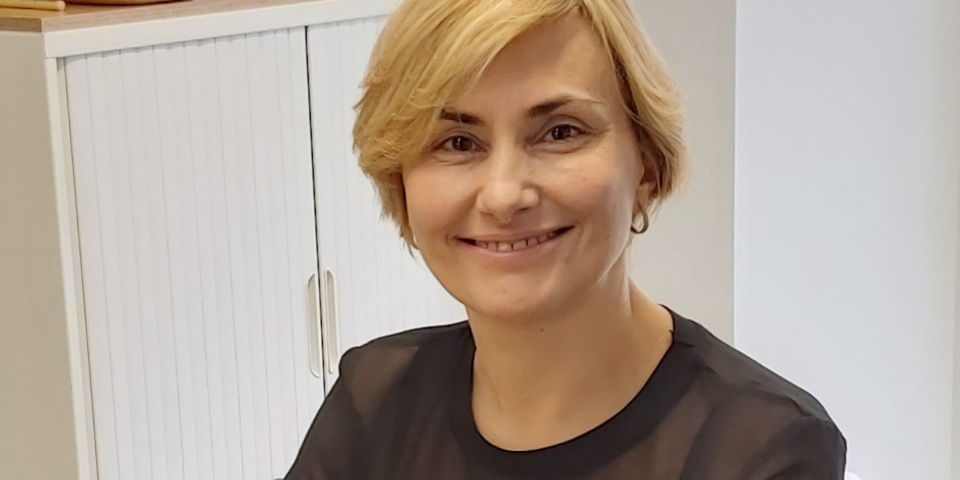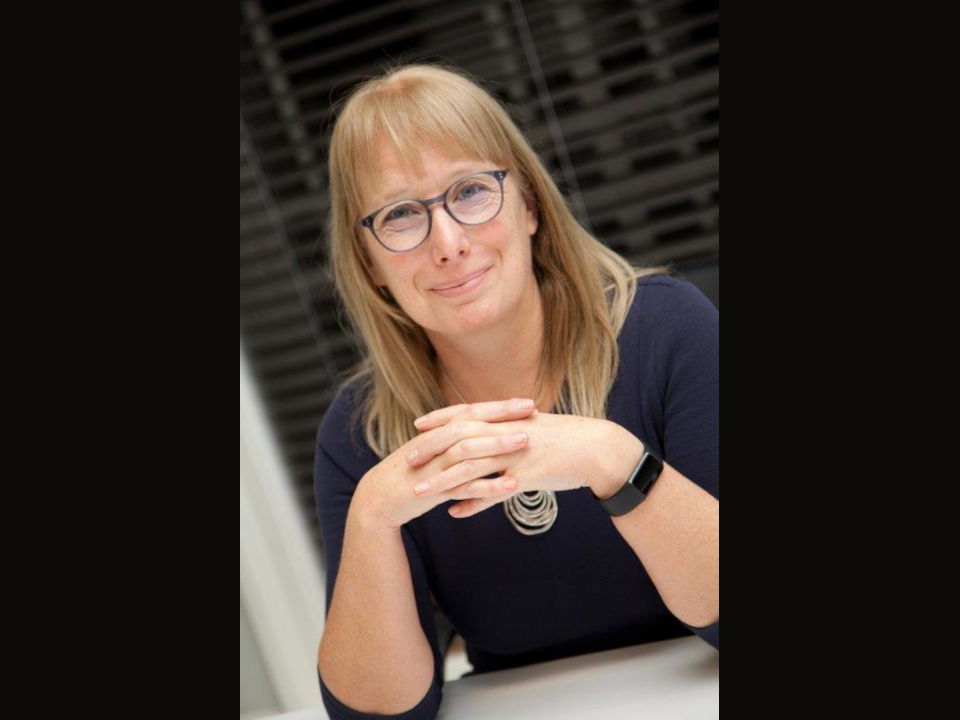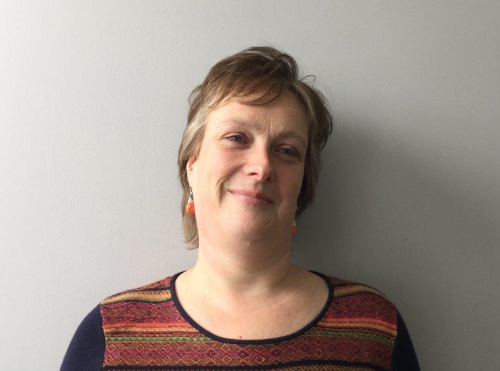
Ann James
South West Regional Chair
Director of Children's Services, Gloucestershire County Council
Kintsugi is the Japanese art of repairing broken pottery using gold or another precious metal. It is prized as it enhances the pot’s beauty by visibly incorporating its history in its reformation, making it an intrinsic part of the crockery’s evolution. In the public sector, reform is part of our everyday lives, and I know that, like me, many of you will be considering how best to establish new relationships, structures and systems that will build on what we know works for the children, young people and families we serve. It may be that we will be working with a new political administration locally, it may be keeping children central as we navigate local government reform and will be our design and implementation of the Department for Education’s Families First Partnership Programme alongside health service reforms.
In such a changing context, how will we enable colleagues and partners to continue to be ambitious and retain a relentless focus on delivering for children and families? How do we, for example, help partners to focus on what the incoming corporate parenting responsibilities set out in the Children’s Wellbeing and Schools Bill really mean?
I would argue that we have to be guided by our values, to support each other through the Association and to form and reform our local relationships just as we will our systems and structures. Maybe, just like kintsugi we can come together differently to achieve a more effective (beautiful?) whole, with relationships as our golden thread.
“The Power of Relationships” was also the theme of this year’s Foster Care Fortnight, held last month. When I listen to our foster carers I’m always struck by the way in which they are so adept at welcoming children into their family, at creating the relationships in which children feel they belong and in including others, whether that’s social workers, support workers, other carers or birth family members. There’s a generosity and strength of spirit that’s common amongst foster carers, that we must value and promote.
In Gloucestershire, as part of our Foster Care Fortnight celebrations, we chose a local artist’s work to help represent the task of fostering. Her work reflects that of a kintsugi artist and was chosen because it spoke to us of the beauty of imperfection, of the possibilities and opportunities fostering brings and of embracing our history and identity, whatever that maybe.
A quote I found as I thought about what I might write in my first ADCS blog said kintsugi reminds us to “stay optimistic when things fall apart and to celebrate the flaws and missteps of life”, something I relate to, and I hope you do too.
And, by the way, the artist we chose… turns out she is care experienced too.





